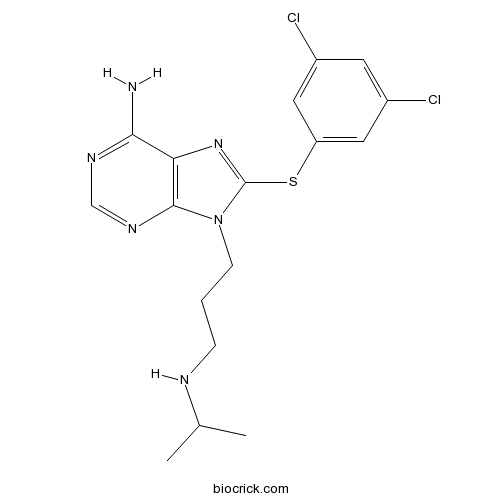HSP
Heat shock proteins (HSPs) are a family of highly conserved proteins that are expressed, either constitutively or regulated inductively, in response to a wide range of physiological and environmental insults, such as heat shock. According to molecular weight, mammalian HSPs are classified into four subfamilies, including HSP90 (90 kDa), HSP70 (70 kDa), HSP60 (60 kDa) and small HSPs (15 to 30 kDa), among which HSP90 and HSP70 are two of the most studied stress-inducible HSPs. HSP90 is a highly abundant chaperone protein characterized by containing three relevant domains, including the N-terminal domain, the charged middle linker region and the C-terminal dimerization domain; while HSP70 is an ATP-dependent chaperone protein characterized by containing two distinct functional domains, including a peptide binding domain (PBD) and the amino-terminal ATPase domain (ABD). Collectively HSPs play a fundamental role in maintaining the stability of other cellular proteins.
Products for HSP
- Cat.No. Product Name Information
-
BCC1175
17-DMAG (Alvespimycin) HClWater-soluble Hsp90 inhibitor

-
BCC2128
MPC-3100Hsp90 inhibitor
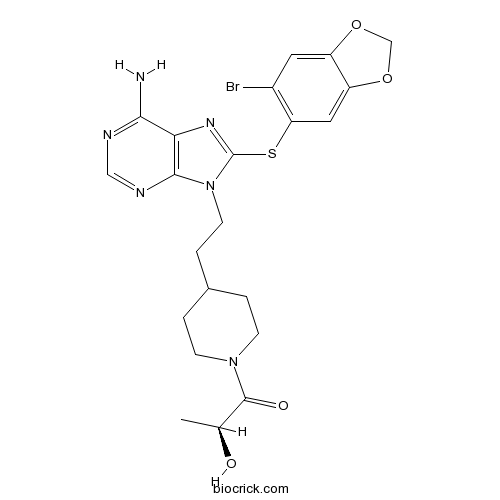
-
BCC2131
RadicicolAntifungal antibiotic
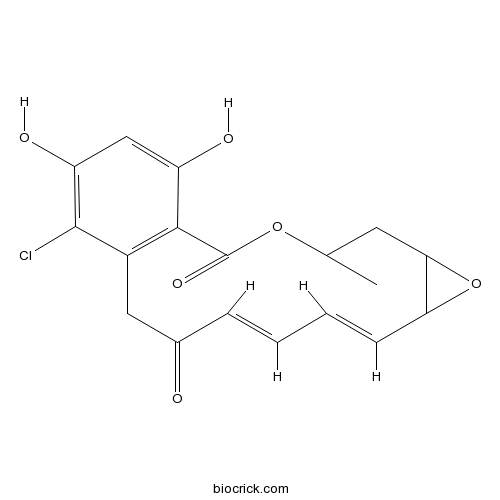
-
BCC2338
VER 155008HSP 70 inhibitor,adenosine-derived
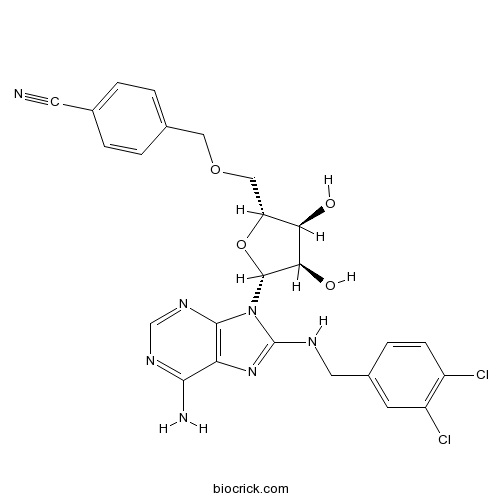
-
BCC2339
XL-888Hsp90 inhibitor
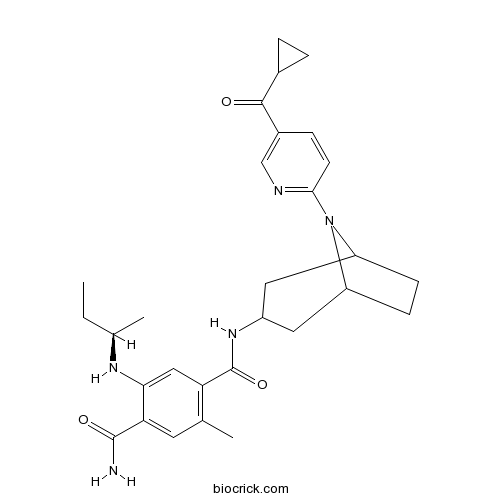
-
BCC5296
VER-50589HSP90 inhibitor, potent

-
BCC5297
VER-49009HSP90 inhibitor, potent and selective

-
BCC5335
NMS-E973Hsp90 inhibitor,potent and selective
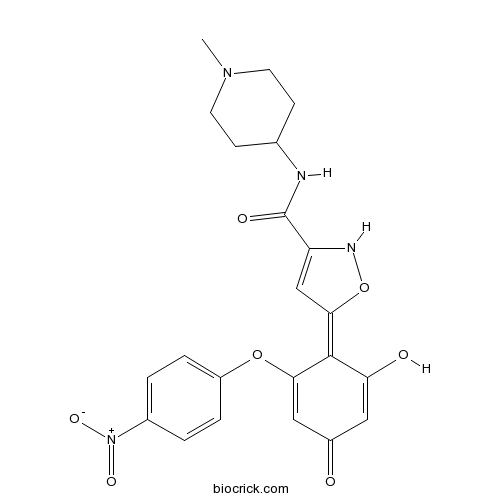
-
BCC5364
CH5138303Hsp90 inhibitor, orally available

-
BCC6425
PU-WS13Grp94-specific Hsp90 inhibitor
